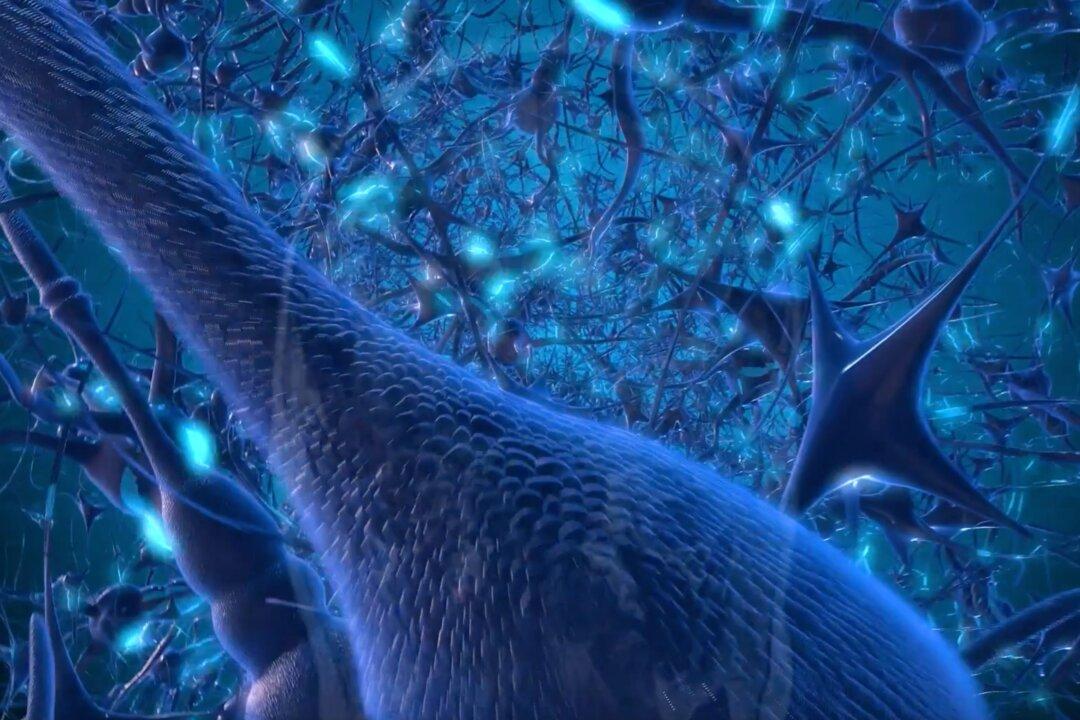Commentary
Everybody desires health, but sadly, most Americans are not healthy enough to thrive, think with precision, feel energized, and be free of illness. The United States leads the world in medical technologies, yet life expectancy in America is the lowest of all comparable countries. At the same time, chronic disease and mental illness are rising. The data seems to show that Americans are increasingly unhealthy and unhappy.





